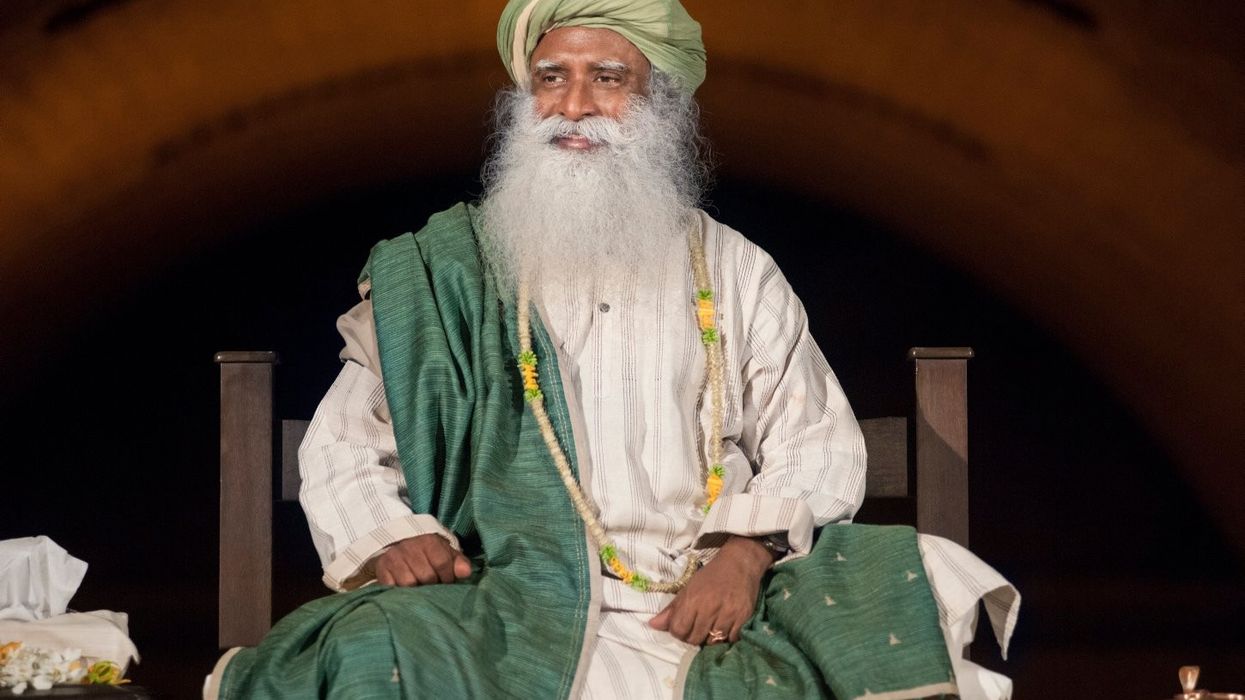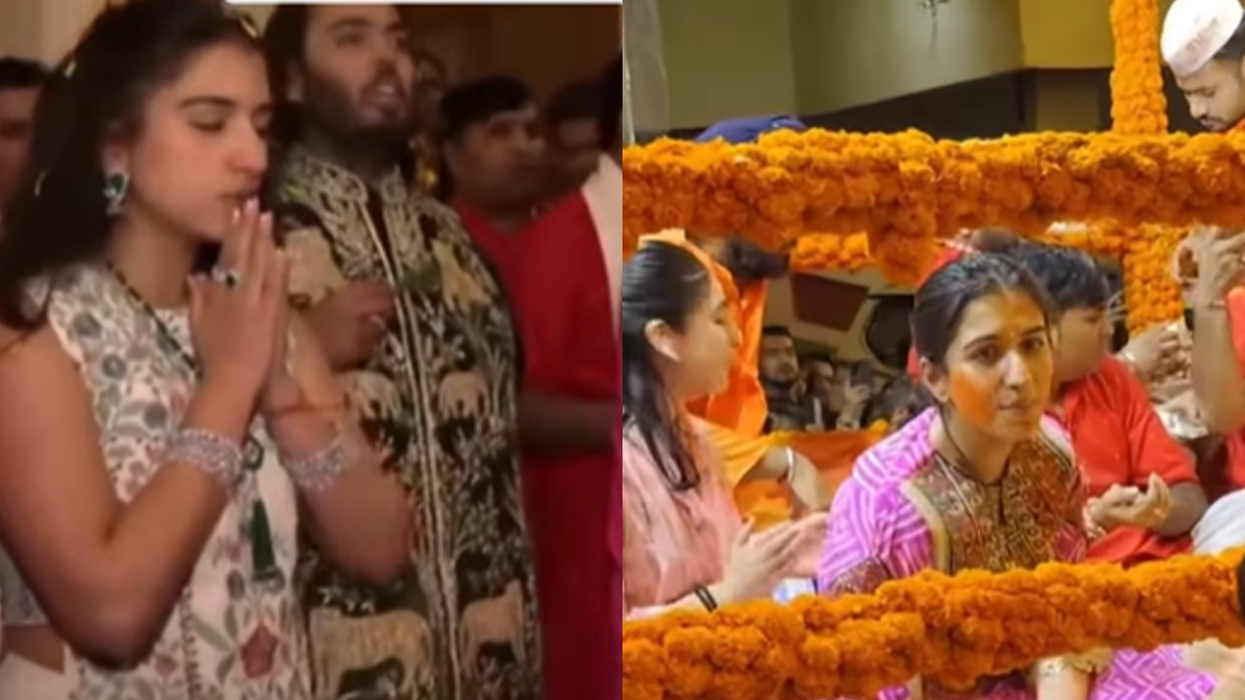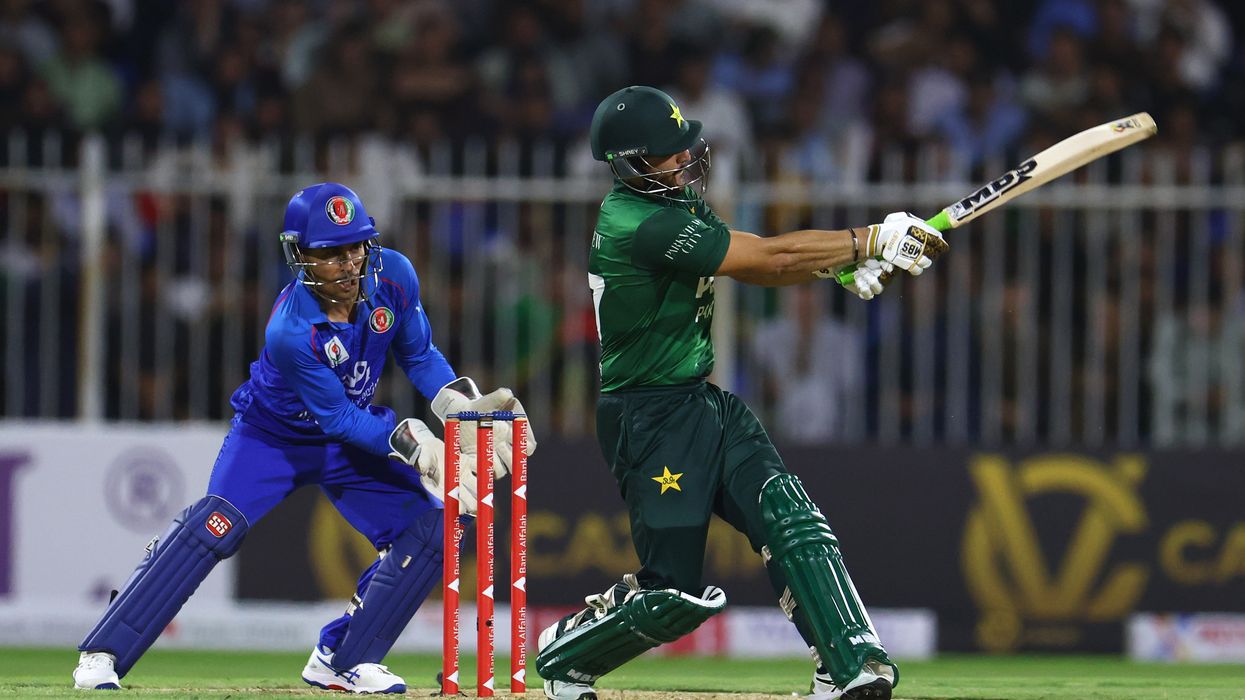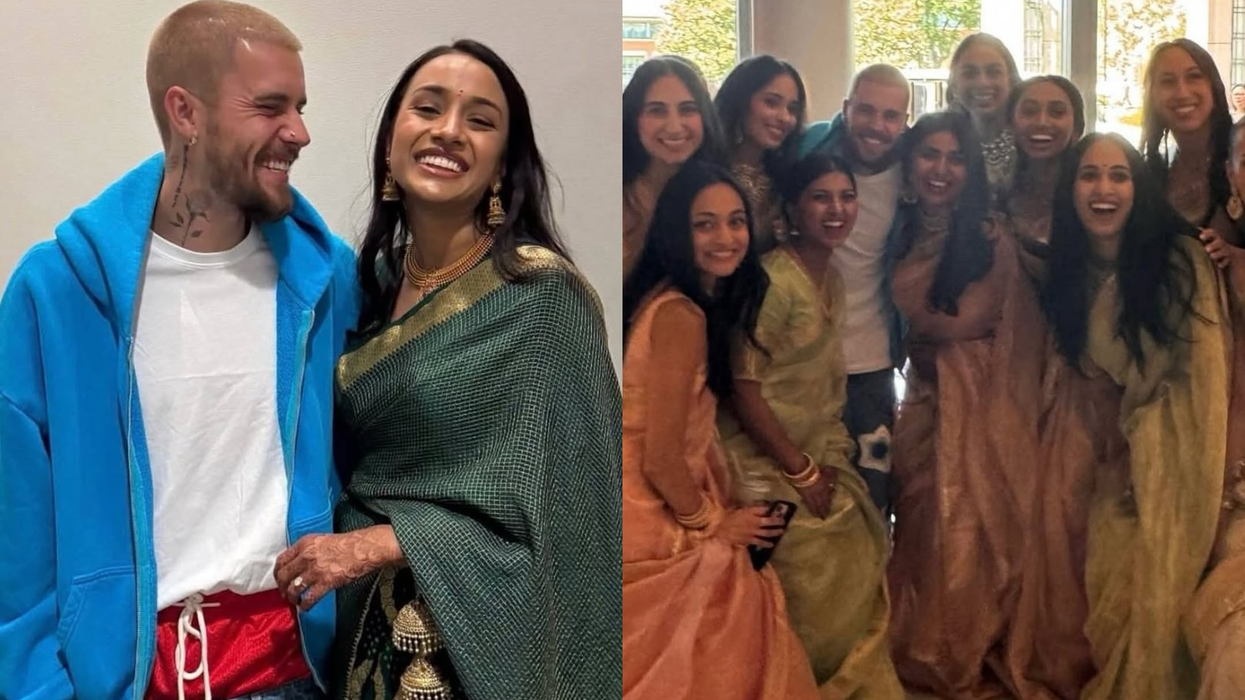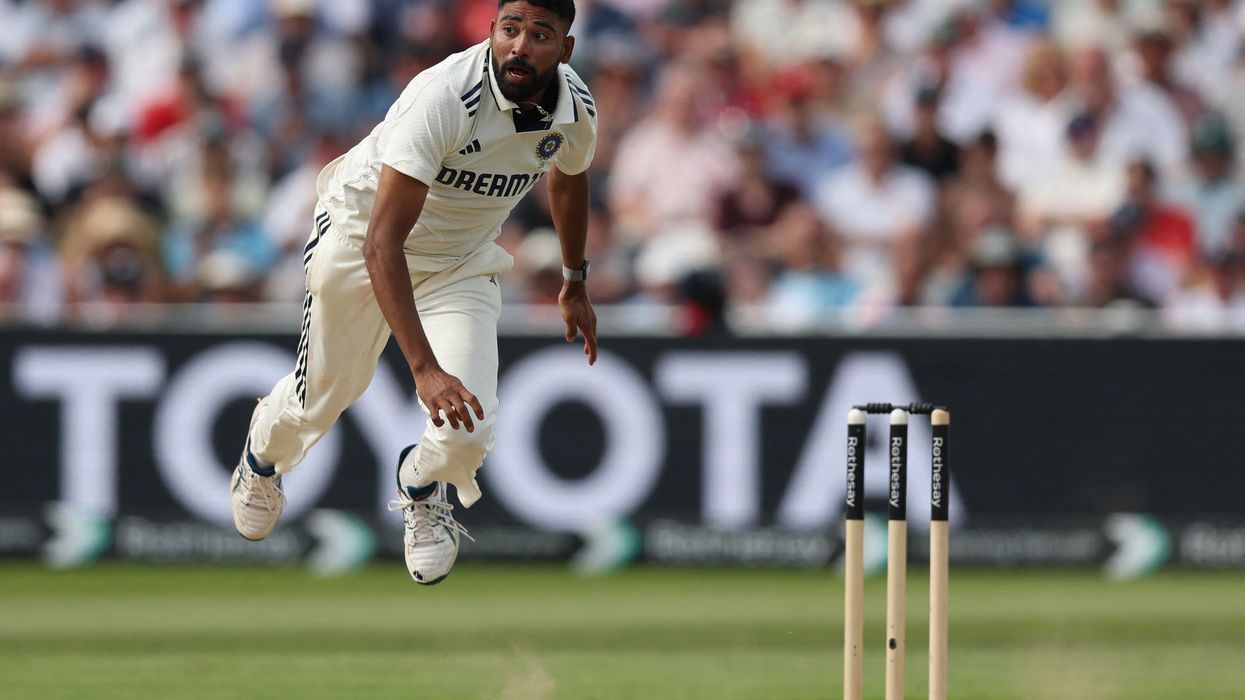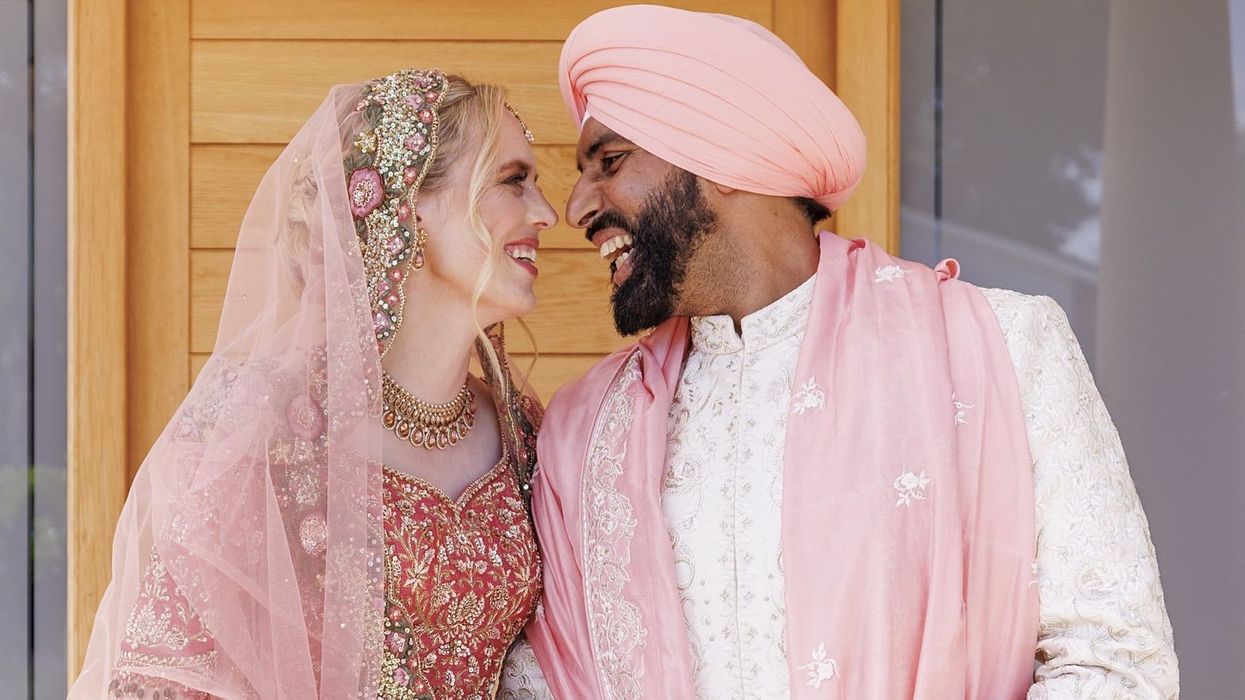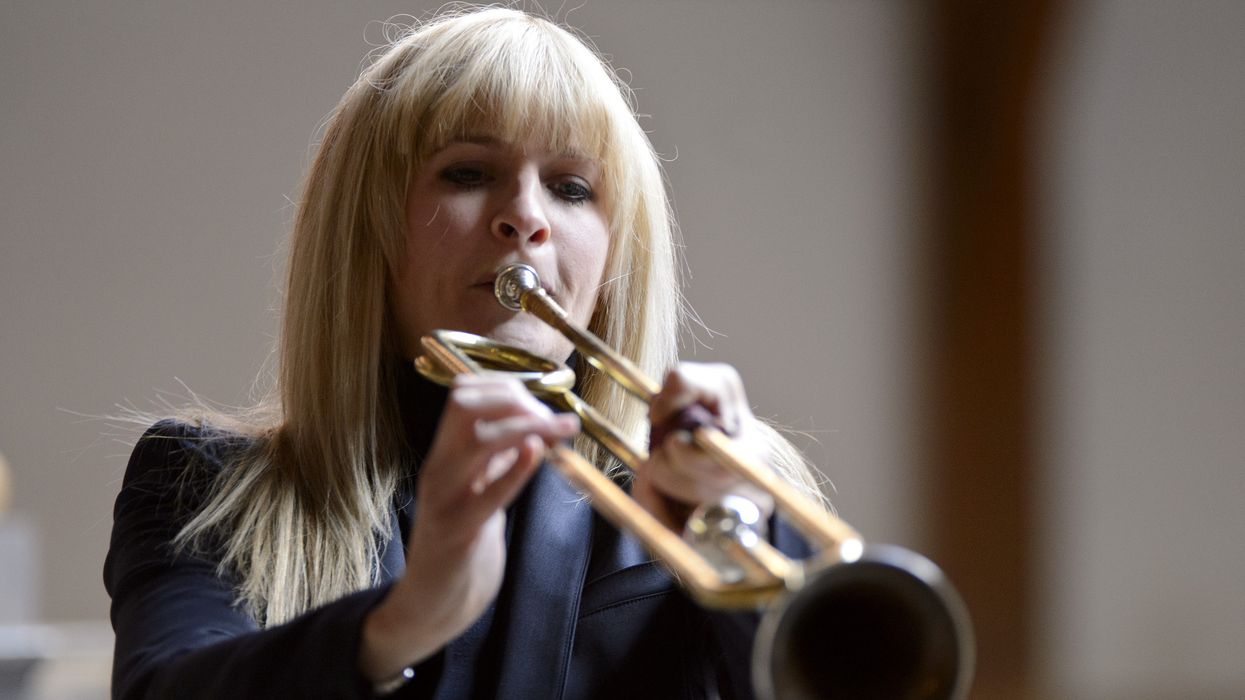THE HIT SONGS THAT TURNED SHREYA GHOSHAL INTO A SUPERSTAR
by ASJAD NAZIR
MARCH belongs to Shreya Ghoshal because she turns a year older and commences another blockbuster UK tour.
The undisputed queen of Bollywood music has won countless awards and delivered timeless classics that will entertain generations to come. She has shown an incredible versatility with a natural singing ability in diverse languages and genres.
Eastern Eye decided to celebrate Shreya’s birthday with an ultimate playlist that includes a hit for every year of her 18-year professional career...
2002: Shreya was just a teenager when she was introduced to the world with stunning songs in mega-blockbuster Devdas. Although Dola Re Dola is regarded as one of the all-time great dance numbers, Bairi Piya was a technically brilliant track that won her a National Award and was the standout moment of 2002.
2003: The sensual Jaadu Hai Nasha Hai from Jism won Shreya a Filmfare Award for Best Female Playback singer and would help fast-track her to the top of the Bollywood tree. The song still remains popular and can often be heard at her sell-out live performances.
2004: By 2004 Shreya was doing a wide array of projects and lit up pop album Tera Mera Pyar with incredible songs, including the mesmerising Yeh Kya Hua. The romantic number filled with feeling was better than any film song she did that year and still captures the imagination.
2005: Shreya won a National Award for dynamic duet Dheere Jalna from Paheli, but the beautiful Agar Tum Mil Jao was a better song that touched the hearts of listeners. The love song got a Filmfare Award nomination, but deserved so much more.
2006: Although in Bollywood she delivered Lage Raho Munnabhai romantic number Pal Pal Har Pal, which gained award nominations, the stand-out song was Munbe Vaa from Sillunu Oru Kaadhal. The Tamil song won her a Filmfare South Award and the versatile singer recorded the same number in Telugu.
2007: Shreya won a Filmfare Best Female Playback singer award for Barso Re from Guru, but went one better with a prestigious National Award for Jab We Met song Yeh Ishq Haye. The fun song from the romantic road movie was filled with a positive energy that connected with Bollywood fans globally.
2008: The year included love song Tujh Mein Rab Dikhta Hai from Rab Ne Bana Di Jodi, but the duet Teri Ore from Singh Is Kinng captured everyone’s imagination and won Shreya a load of awards. The song with Rahat Fateh Ali Khan became one of the biggest Bollywood hits of all-time.
2009: The standout musical moment in record-breaking Bollywood film 3 Idiots was Shreya’s duet with Sonu Nigam, Zoobi Doobi. But Shreya’s big highlights of 2009 were Pherari Mon from Bengali film Antaheen and Jeev Rangla from Marathi film Jogwa – The Awakening. The songs won her another National Award.
2010: The beautiful Bahara from I Hate Luv Storys had the perfect combination of romance and fun. The vocal delivery was able to mix up a feeling of love with other emotions like friendship and was the best moment in the film.
2011: Shreya has delivered incredible duets across the years, and another amazing one was Teri Meri from Bodyguard. The link-up with Rahat Fateh Ali Khan helped turn the movie into a super-hit and resulted in more glory for Shreya.
2012: The haunting Saans from Jab Tak Hai Jaan won awards, but Chikni Chameli from Agneepath showed off a whole other side to Shreya’s repertoire. The dynamite dance number proved quite comprehensively there is more to her than just slow emotion-filled love songs.
2013: The undisputed queen of Bollywood delivered the explosive Nagada Sang Dhol from Goliyon Ki Raasleela Ram-Leela, but demonstrated once again that no one does love songs better with the stunning Sun Raha Hai from Aashiqui 2. The love song connected with anyone who has ever been in love and became an anthem.
2014: The singer continued to deliver big songs in various languages, but the undisputed highlight of 2014 was her superb ghazal album Humnasheen. She delivered timeless classics and showed off her incredible vocal range with tracks that connected different generations. The album was so good that we can’t single out just one song.
2015: The actress has had a dream team partnership with film director Sanjay Leela Bhansali since the beginning of her career, and they delivered again with Deewani Mastani from Bajirao Mastani. The wonderful song won Shreya another Filmfare Award and again showed her technical brilliance.
2016: Singaar Ko Rehne Do was a mesmeric song that featured on the stunning album Gulzar In Conversation With Tagore. This was one of six beautiful compositions Shreya sang on the LP, which saw legendary lyricist Gulzar translate six poems and one song by Rabindranath Tagore into Hindi.
2017: Dhadkane Azad Hain is the first fully independent single delivered by Shreya and had her trademark vocal brilliance. The track was another major turning point for the boundary-breaking singer, who found the middle ground between classical and commercial music.
2018: The Shreya Ghoshal-Sanjay Leela Bhansali partnership delivered again with the beautiful Ghoomar from Padmaavat, which won her another Filmfare Award. The song was a real work of art.
2019: There are few singers in the history of Bollywood who could have taken on the technically-difficult Ghar More Pardesiya, but Shreya did it effortlessly. The best song of 2019 deservedly won multiple awards and once again raised the bar in Bollywood.
2020: It is too early in 2020 to pick a magical moment for Shreya, but the queen of Bollywood music looks like she will rule for years to come. She will undoubtedly deliver more mesmerising hits.


